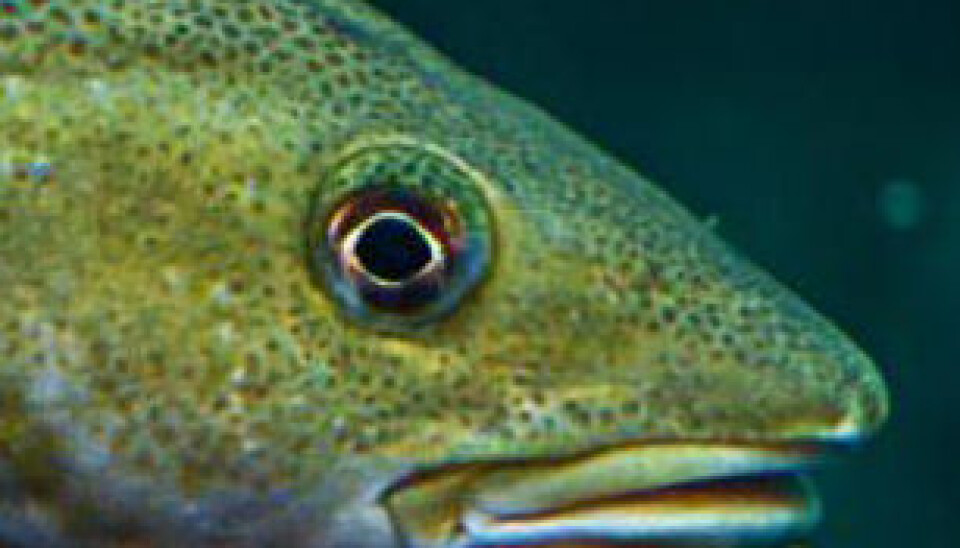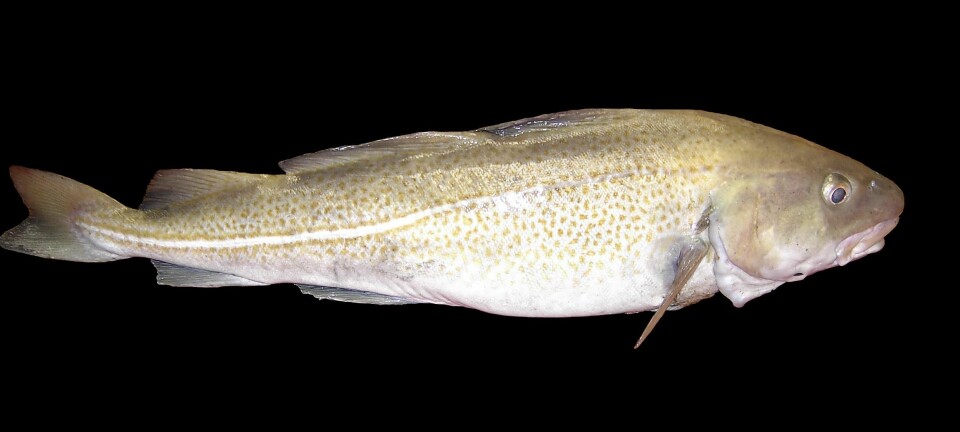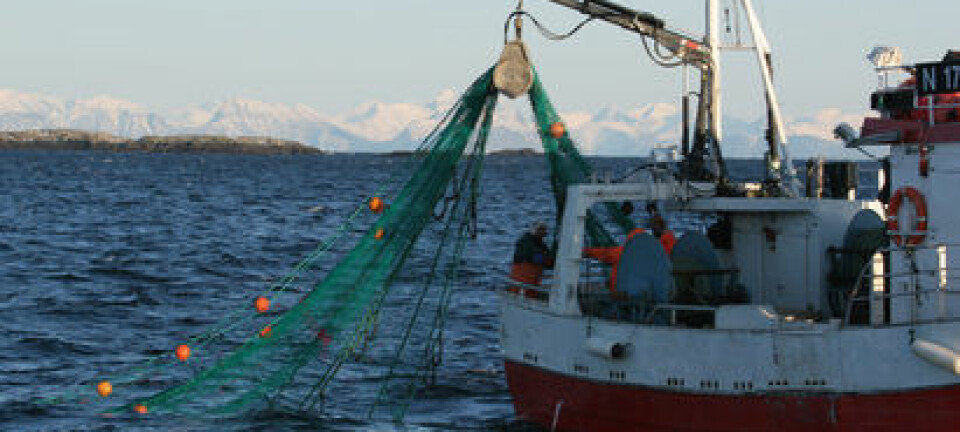This article was produced and financed by Nofima The Norwegian Institute of Food, Fisheries and Aquaculture Research

Stopping the sexual maturity of cod
The early onset of sexual maturity is a great problem in cod aquaculture. Knowledge about zebra fish resulted in a new method that makes cod sterile.
Denne artikkelen er over ti år gammel og kan inneholde utdatert informasjon.
The early onset of sexual maturity has negative effects on growth, feed conversion and health. Farmed cod that escape can also affect the genes of wild fish.
Research Fellow Adrijana Skugor of the food research institute Nofima has been researching biological mechanisms that control the development of the cod's sex organs for her doctorate.
She has studied both individual genes and the whole cod genome to obtain more information about how the germ cells of the embryo develop into eggs and sperm.
A "dead end" shows the way
Skugor has previously studied zebrafish and has made use of the knowledge she gained then. In zebrafish, the dead end gene (DnD) is necessary for sexual maturity, and Adrijana has now been studying this gene's significance for the Atlantic cod.

She injected cod embryos with a molecule that blocks DnD and found that in cod too, inactivation of the gene leads to the onset of sexual maturity being stopped. In addition to investigating DnD specifically in relation to sexual maturity, Skugor has used micro array screening to study the effects of DnD inactivation in a wider context.
Transferring knowledge to salmon research
"We now know that DnD is a good candidate for preventing the onset of sexual maturity, so that fish become sterile," says Skugor.
But the method used is costly and complicated and cannot be used commercially. It has however been important in the work of developing tools that make it easier to obtain information about how cells develop.
As a commercial method, it may be better to block the dead end proteins in the mother fish, rather than blocking the dead end gene in the embryo.
Skugor will be performing tests on salmon to find out if this is possible, because the early onset of sexual maturity is also a problem in salmon farming.
In this way, much of what has been learned from studying cod can be brought into the work on salmon, in the same way as Adrijana previously made use of her studies on zebrafish.
"Adrijana's research has improved our knowledge about the differentiation of germ cells and about the general embryonic development of Atlantic cod", says supervisor Øivind Andersen, Senior Scientist at Nofima.
--------------
The English title of the thesis is "Transcriptional profiling of maternally deposited factors in Atlantic cod (Gadus morhua) embryos and the role of Dead end in primordial germ cell development".


































